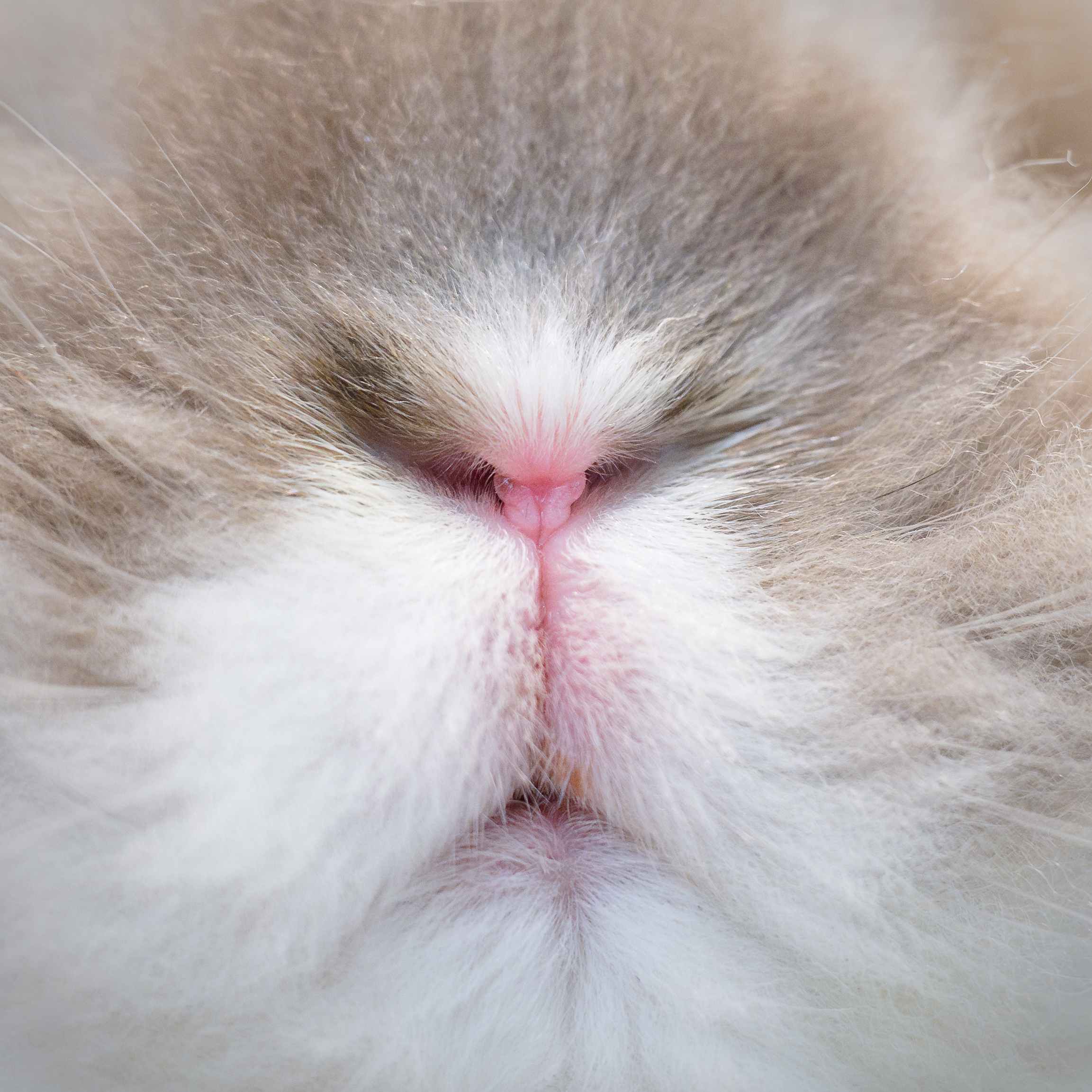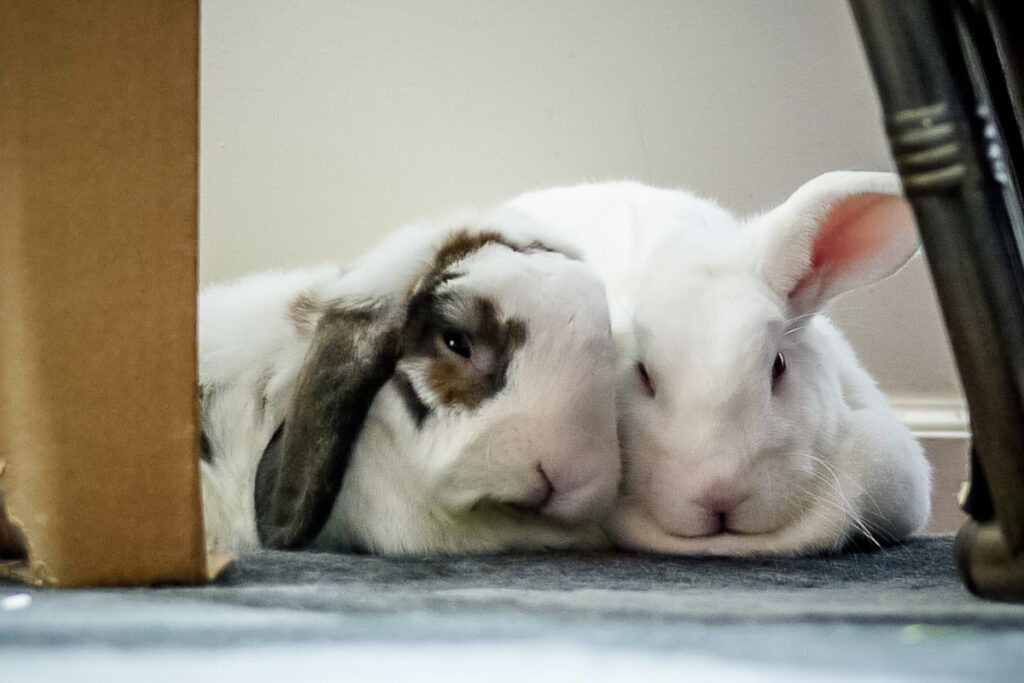
1. Rabbits Are Social, Intelligent, and Require Companionship
Rabbits thrive on interaction and should not live in isolation. They are happiest with a bonded rabbit companion and active engagement from their caregivers. Their social and intelligent nature makes them wonderful companion animals, but bunnies require a significant commitment of time and care.
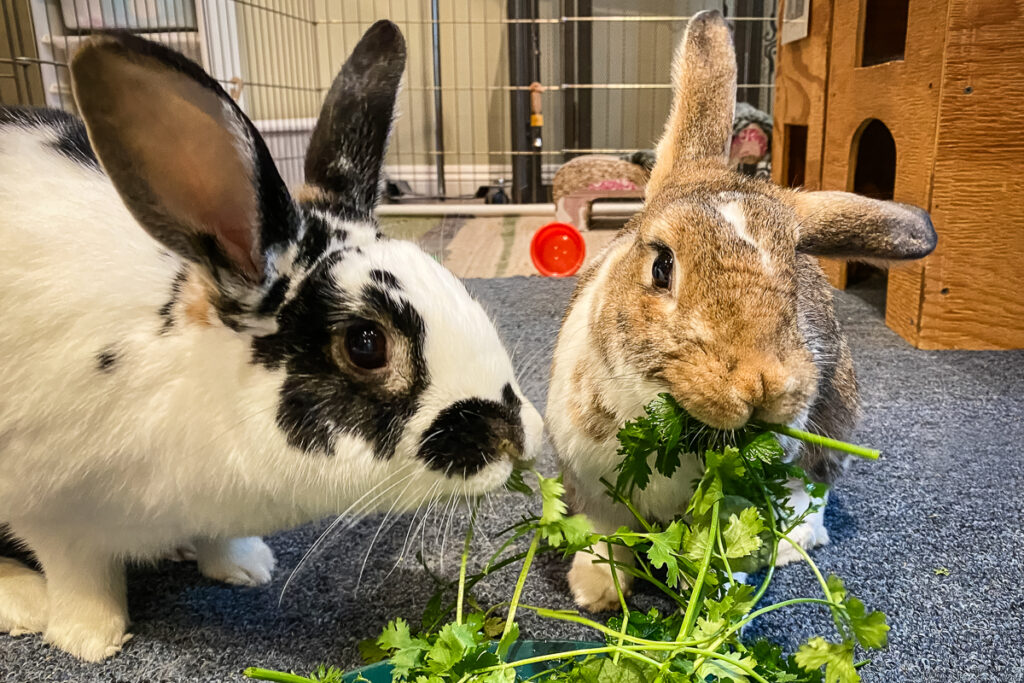
2. Proper Diet Is Vital for Rabbit Health
A rabbit’s diet should primarily consist of unlimited fresh grass hay (like timothy or orchard), a limited amount of high-quality timothy-based pellets, and daily servings of fresh, rabbit-safe leafy greens. Treats, like fruits or carrots, should be given sparingly. Avoid alfalfa hay for adult rabbits due to its high calorie density and high calcium content.
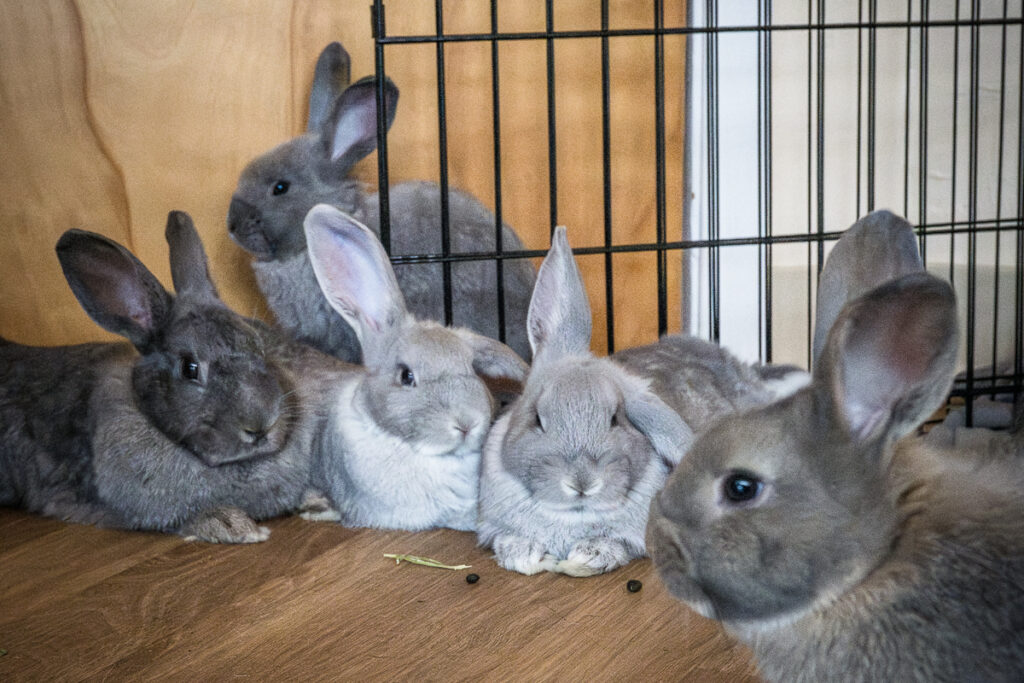
3. Spaying and Neutering Are Essential
Spaying or neutering is critical for health, behavior, and hapiness. It prevents reproductive cancers, helps manage undesirable behaviors like aggression or marking, and makes it easier to bond rabbits. Spaying and neutering also help prevent overpopulation and the abandonment of unwanted rabbits.
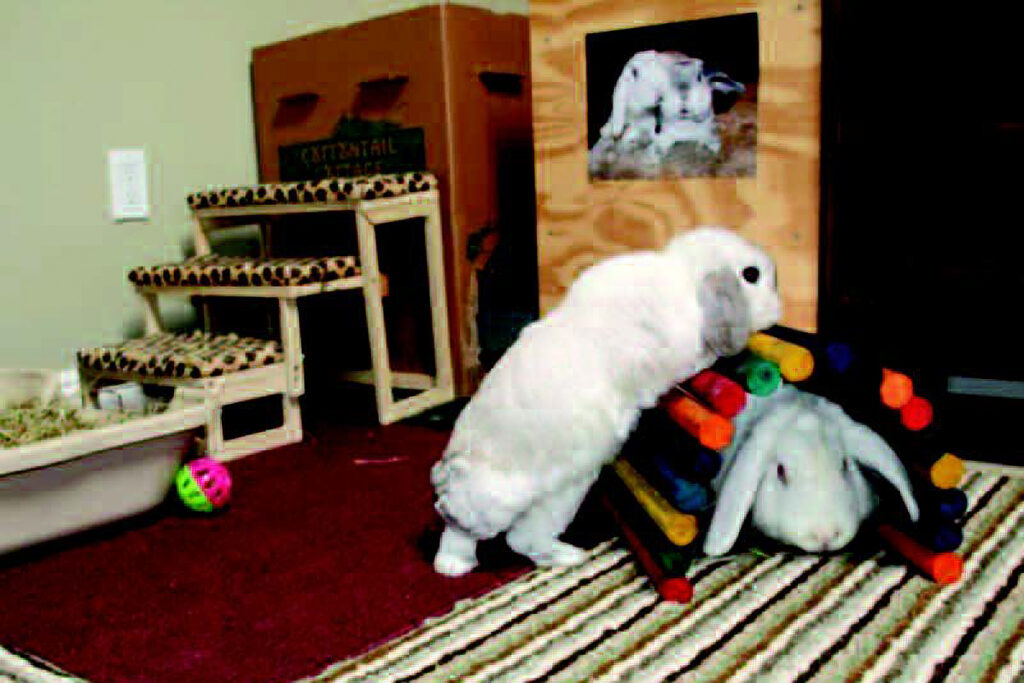
4. Rabbits Need Space, Enrichment, and Inddor Safety
A rabbit should never be confined to a small cage. Provide a spacious exercise pen, a bunny-proofed room, or free-roam living space indoors. Rabbits are highly vulnerable to predators, extreme weather, and parasites, making indoor living crucial for their safety and well-being. Include toys for mental stimulation, tunnels, hideouts, and safe areas to explore. Bunny-proof your home to protect both your rabbit and your belongings, especially from electrical cords.
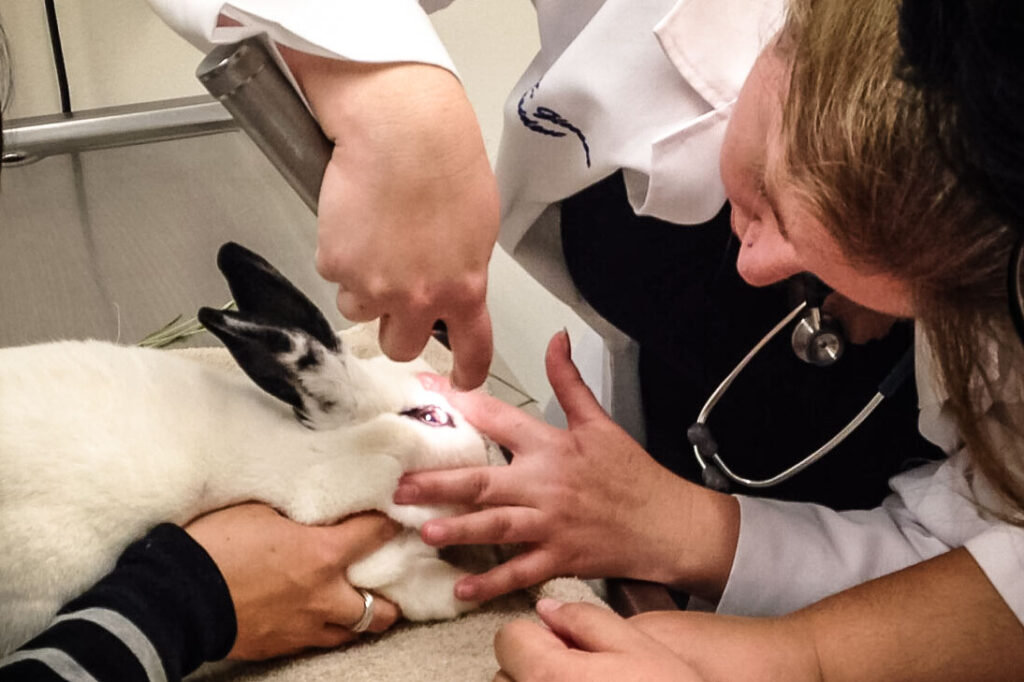
5. Regular Veterinary Care and RHDV2 Vaccinations Are Critical
Rabbits need annual checkups with a rabbit-savvy veterinarian and vaccinations against Rabbit Hemorrhagic Disease Virus (RHDV2). Familiarize yourself with signs of illness—like changes in appetite or behavior—and seek immediate care if your rabbit appears unwell, as they hide symptoms of illness.
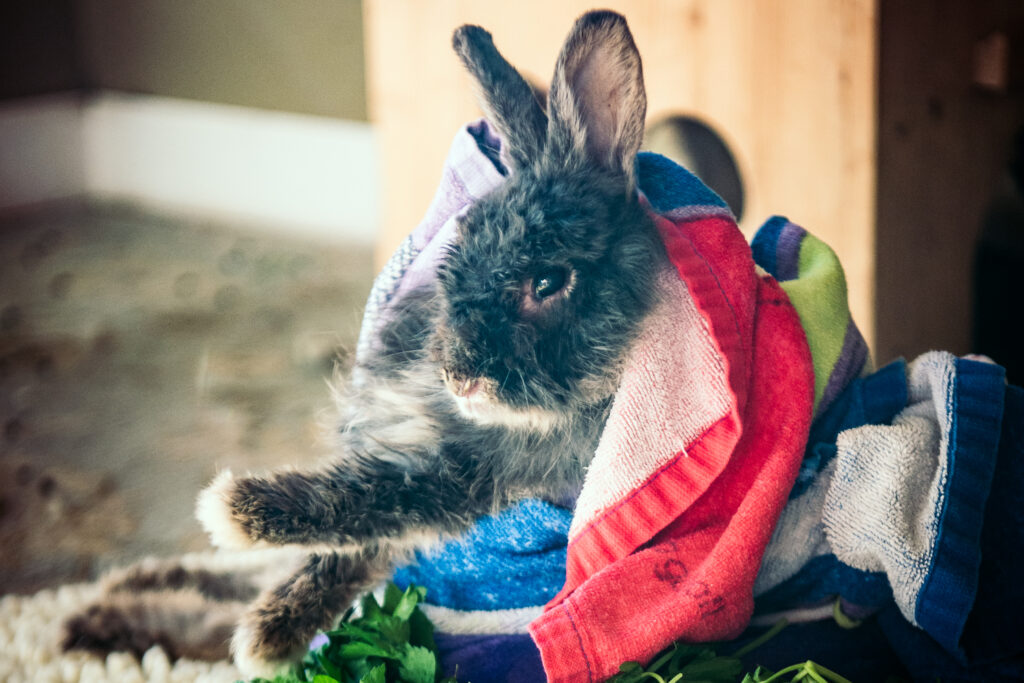
6. Rabbits Are a 10-15 Year Commitment
Rabbits are not short-term companion animals. With proper care, they live 10-15 years, requiring daily attention, socialization, and ongoing veterinary care throughout their lives. Understanding their long-term needs ensures a happy, healthy relationship for both the rabbit and the caregiver.
